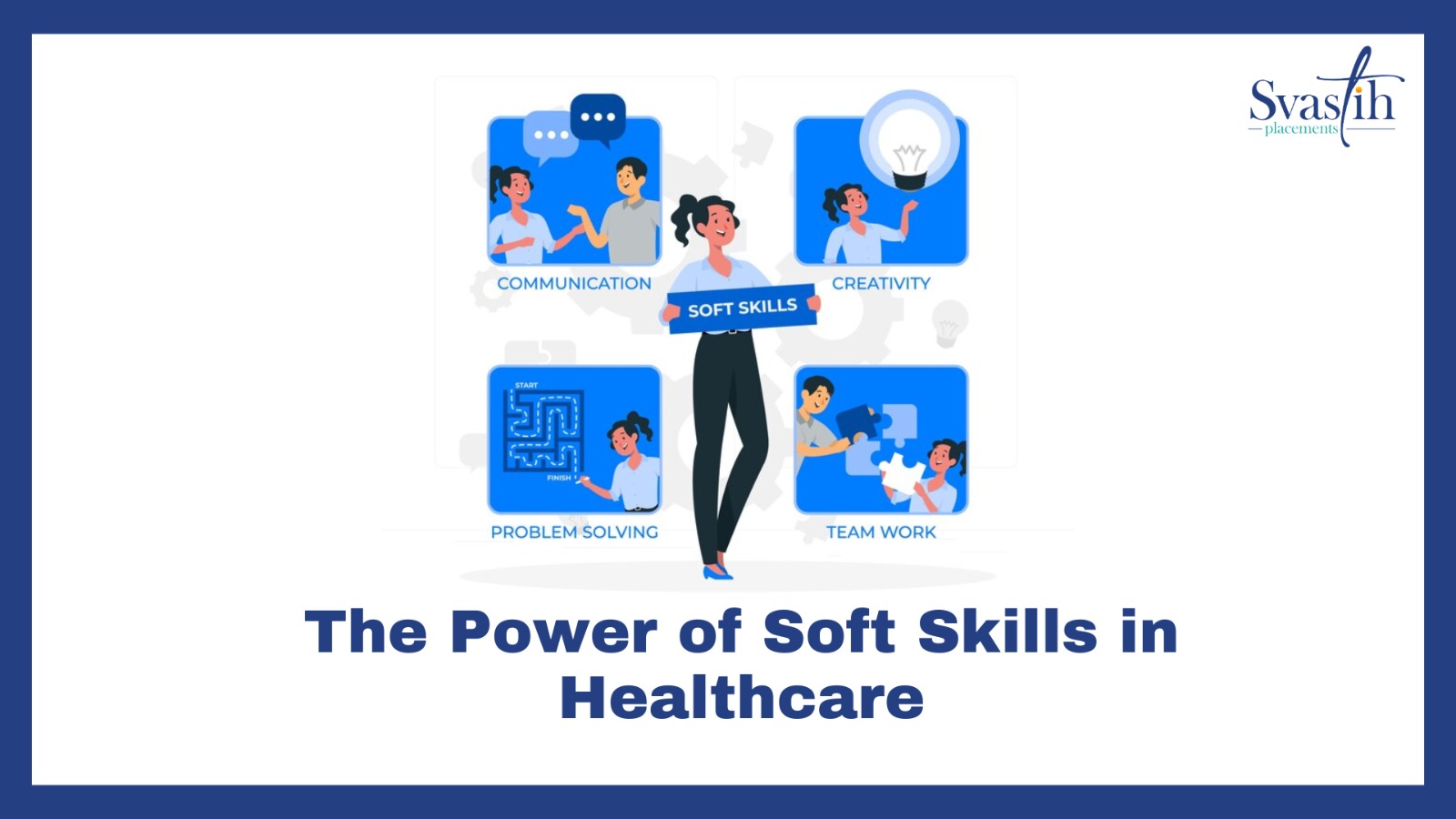
In the fast-paced world of healthcare, technical expertise is crucial, but soft skills are the essential ingredients that complete the recipe for success. Just as a dish requires the perfect blend of spices to elevate its flavor, skills like empathy, communication, and teamwork are vital for enhancing patient care, building effective teams, and ensuring overall job performance. Healthcare professionals who excel in these areas create stronger relationships with patients and colleagues, leading to better outcomes and a more positive work environment.
So, how can we develop these crucial soft skills? Here are some strategies to get started:
Ongoing Training and Workshops:
Regular training sessions and workshops focused on soft skills development can make a significant impact. Interactive methods such as role-playing, and simulations help professionals practice and refine their skills in real-life scenarios.
Mentorship Programs:
Pairing healthcare professionals with experienced mentors who exemplify strong soft skills provides valuable guidance and support. Mentors can offer feedback and insights, helping mentees grow and develop their interpersonal abilities.
Feedback and Evaluation:
Constructive feedback is key to improvement. Implementing systems for regular performance reviews and peer evaluations ensures that soft skills are recognized and developed. This feedback helps professionals understand their strengths and areas for growth.
Supportive Culture:
Create a work environment that encourages open communication, collaboration, and mutual respect. Recognizing and rewarding positive interpersonal interactions reinforces the value of soft skills and promotes a supportive workplace.
Promote Self-Awareness:
Encourage self-reflection and self-assessment to help healthcare professionals identify their strengths and areas for improvement. Tools like personality assessments or 360-degree feedback can aid in this self-discovery process.
Integrate Soft Skills into Performance Metrics:
Including soft skills as part of performance evaluations and goals highlights their importance. This approach ensures that soft skills are actively developed and measured, aligning them with organizational objectives.
Provide Resources and Tools:
Offering resources such as books, online courses, or seminars focused on soft skills development empowers professionals to continue growing outside of formal training sessions. Access to these resources supports ongoing learning and development.
Encourage Team Building Activities:
Organize team-building exercises that promote collaboration, communication, and problem-solving. These activities help improve team dynamics and interpersonal skills in a relaxed and engaging setting.
By prioritizing the development of soft skills, healthcare organizations can enhance patient care, build stronger teams, and create a more resilient workforce.
Implement these strategies to bring out the best in your healthcare professionals and drive success in your organization.
Ready to transform your team? Start implementing these strategies today and watch your team flourish!
Whether you’re seeking talent or advancing your healthcare career, we connect the right individuals to the right organizations. To learn more about how we can support your needs, click below.
